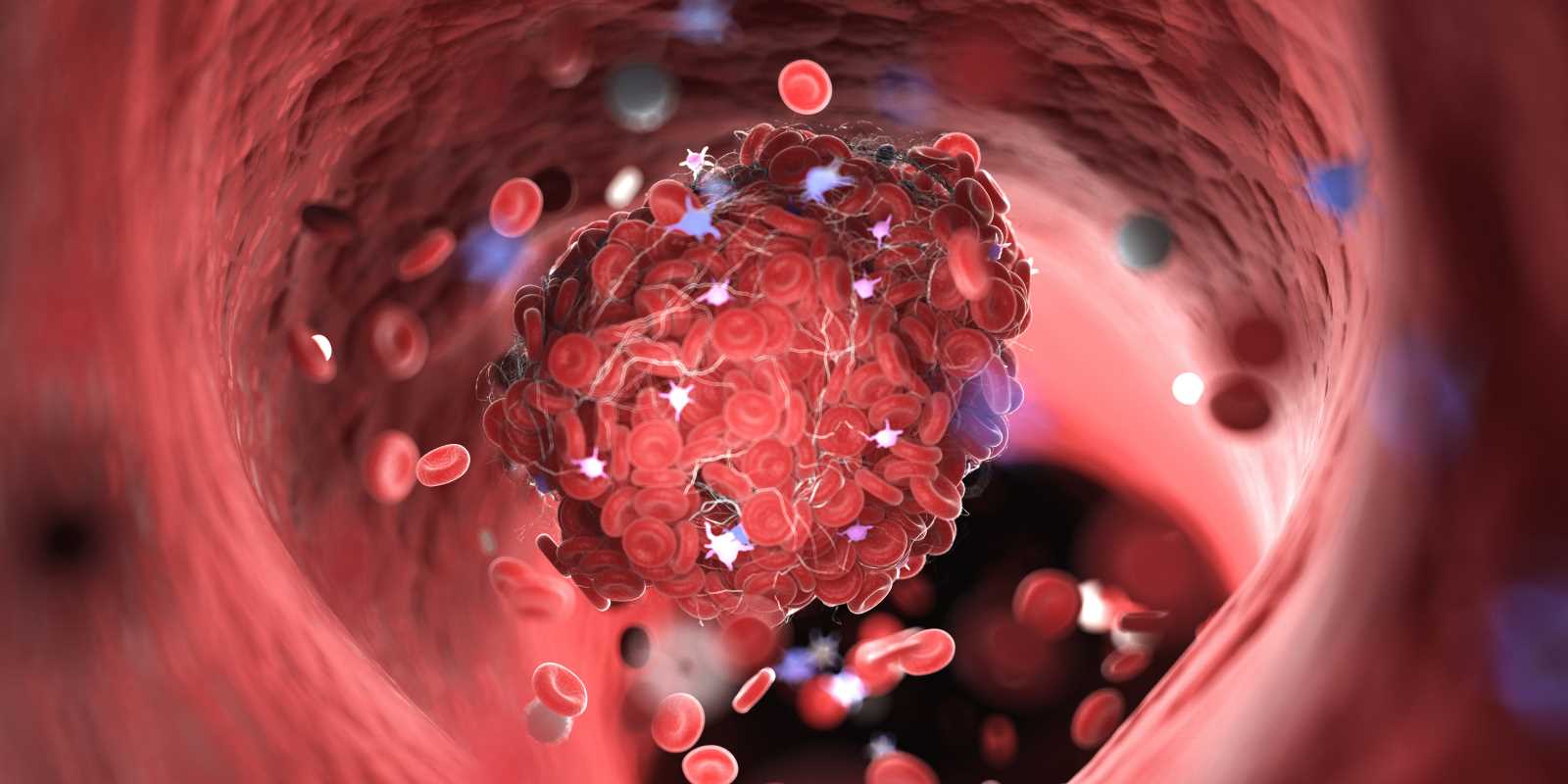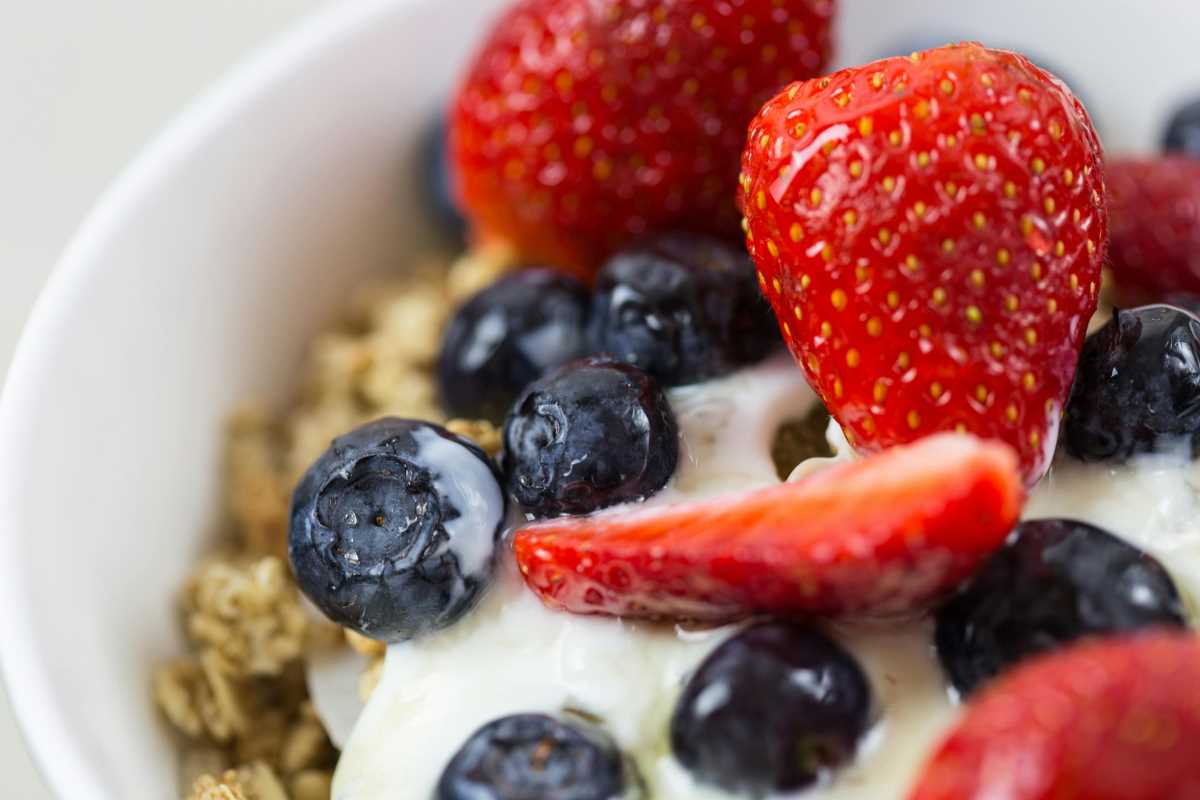Have you ever wondered why your friend can eat a high-carb diet and feel energetic, while the same meals leave you feeling sluggish and tired? For years, we've been given one-size-fits-all nutrition advice, but it's becoming clear that our bodies all respond differently to food. This has led to the rise of personalized nutrition, and one of the most intriguing approaches is the metabolic typing diet. The core idea is that each person has a unique metabolism that thrives on a specific ratio of macronutrients—proteins, fats, and carbohydrates. Now, this concept is getting a high-tech upgrade through DNA analysis, promising to unlock your body's genetic code to tell you exactly what you should be eating.
What is Metabolic Typing?
The theory of metabolic typing has been around for decades, long before genetic testing was widely available. It proposes that our genetic heritage determines how our bodies process food. Specifically, it focuses on the "autonomic nervous system," which controls involuntary functions like digestion and heart rate. This system has two branches: the sympathetic ("fight or flight") and the parasympathetic ("rest and digest").
Metabolic typing theory suggests that some people are dominated by one branch over the other, which influences how they metabolize food. Based on this, individuals are often categorized into one of three general "types":
- Protein Type (Fast Oxidizer): These individuals are thought to burn through carbohydrates very quickly, leading to energy crashes and sugar cravings. The diet prescribed for them is high in protein and healthy fats, with a lower amount of carbohydrates. Think meals centered around meat, fish, and nuts.
- Carb Type (Slow Oxidizer): These individuals are believed to process carbohydrates more slowly, giving them sustained energy. Their ideal diet is higher in carbohydrates and lower in protein and fat. This would include plenty of fruits, vegetables, and whole grains.
- Mixed Type (Balanced Oxidizer): As the name suggests, this type falls somewhere in the middle. They are thought to do best on a balanced mix of protein, fats, and carbohydrates, without a heavy emphasis on any single one.
Traditionally, your type was determined through a lengthy questionnaire about your food cravings, personality traits, and physical characteristics. It was a process based on self-reported answers, which could be subjective and imprecise.
Enter DNA Analysis
The new frontier of metabolic typing uses genetic testing to take the guesswork out of the equation. Companies now offer at-home DNA test kits where you simply provide a saliva sample. This sample is then sent to a lab to be analyzed for specific genetic variations, known as single nucleotide polymorphisms (SNPs).
These SNPs are tiny differences in our DNA that can influence a wide range of traits, including how our bodies respond to different nutrients. The field of science that studies this relationship is called nutrigenomics. For example, a specific gene variant might affect how well your body processes caffeine, whether you are predisposed to lactose intolerance, or how you metabolize fats.
In the context of a metabolic typing diet, the DNA analysis looks for genes associated with macronutrient metabolism. For instance, some genes influence insulin sensitivity, which affects how your body handles carbohydrates. Other genes can impact how you process and store fats. Based on your unique genetic profile, the company provides a report that suggests your "ideal" macronutrient ratio. This report might tell you that your genes indicate you would thrive on a higher-protein diet, effectively classifying you as a "Protein Type" with scientific data to back it up.
The Potential Benefits of a DNA-Based Diet
The appeal of a diet plan tailored to your DNA is undeniable. It offers a level of personalization that a generic diet plan could never achieve.
One of the primary benefits is the potential for greater effectiveness. If you've tried various diets with little success, it could be because they weren't suited to your unique metabolism. A DNA-based plan might finally provide the right formula for your body, leading to better results in weight management, energy levels, and overall well-being. By eating in a way that works with your biology instead of against it, you might find it easier to lose weight and maintain it.
Another benefit is the elimination of trial and error. Instead of spending months experimenting with different diets—low-carb, low-fat, and everything in between—a DNA test provides a clear, data-driven starting point. This can save you time, frustration, and the rollercoaster of dieting. It gives you a personalized roadmap, which can be highly motivating.
Furthermore, these genetic reports often provide insights beyond just your macro ratio. They might reveal a genetic predisposition to certain vitamin deficiencies (like vitamin D or B12) or a sensitivity to foods like gluten or dairy. This information can empower you to make more targeted and informed choices about your diet to optimize your health.
What Are the Limitations?
While the concept is exciting, it's important to approach DNA-based metabolic typing with a healthy dose of skepticism. The science of nutrigenomics is still very young and evolving, and there are several limitations to consider.
First, genetics is only one piece of the puzzle. Your health is influenced by a complex interplay of your genes, environment, lifestyle, and gut microbiome. A DNA test can't account for your stress levels, your sleep quality, how much you exercise, or the health of your digestive system—all of which have a massive impact on how you feel and process food. Two people with the exact same genetic profile could have very different health outcomes based on these other factors.
Second, the current scientific understanding is not yet complete. While researchers have identified some genes that influence metabolism, the effects are often small and the interactions between different genes are incredibly complex. Critics argue that it is a huge oversimplification to look at a handful of genes and then prescribe a complete diet plan. There is no single "fat gene" or "carb gene" that determines your ideal diet.
Finally, the recommendations provided by different testing companies can be inconsistent. You could send your DNA to two different companies and receive conflicting advice. This is because each company uses its own proprietary algorithms and interprets the scientific data differently. This lack of standardization makes it difficult to know which recommendations, if any, are truly accurate for you.
The Verdict
So, is a metabolic typing diet based on your DNA the future of nutrition? It’s complicated. This approach offers a fascinating glimpse into the world of personalized health and can be a useful tool for self-discovery. The insights from a DNA test can provide helpful clues and a personalized starting point for improving your diet.
However, it should not be seen as a rigid set of rules written in stone. The best approach is to use the information as a guide, not a gospel. If your DNA report suggests you might do well on a lower-carb diet, try it out and see how you feel. Pay attention to your own body's signals—your energy levels, your digestion, and your mood. Your real-world experience is just as important as what your genetic report says.
 (Image via
(Image via





